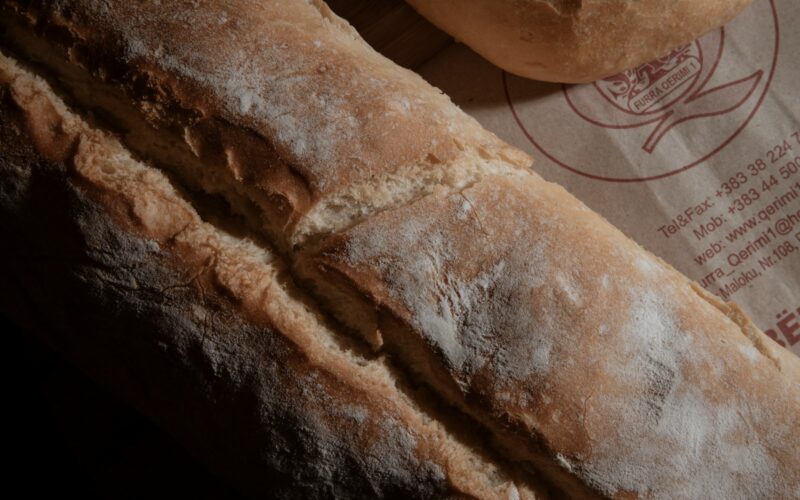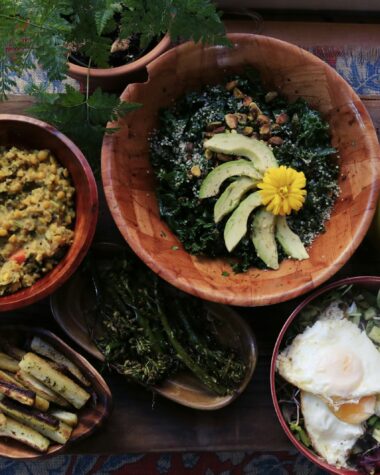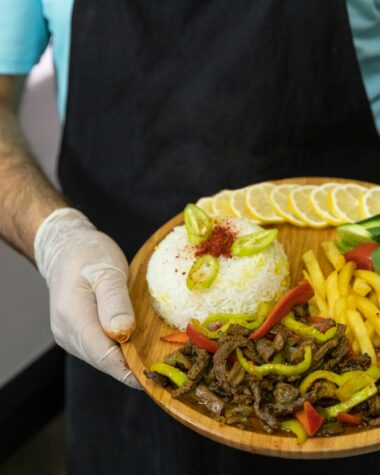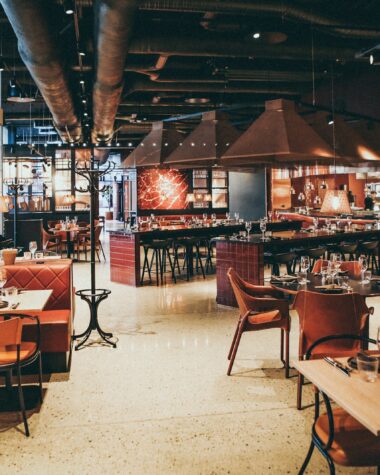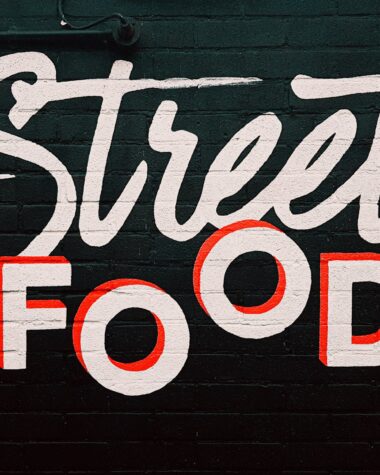Step into an old bakery and you’ll quickly notice something different. The air feels warmer, heavier with the scent of dough that has risen for generations. The walls might be cracked, the ovens aged, but the bread and pastries carry stories older than most of the customers who walk in. These bakeries, many over 100 years old, are not just places to buy food—they are guardians of tradition, culture, and resilience.
In every corner of the world, such bakeries exist quietly, often run by descendants of the original founders. Their recipes are rarely written down, guarded like family treasures and perfected with time. To eat in such a place is to taste history itself.
1. Paris, France – Bread as Legacy
The Neighborhood Boulangerie
In Paris, bread is a daily ritual, and some bakeries have been kneading dough since the 1800s. The art of making baguettes and croissants hasn’t changed much, and that’s precisely the point. These bakeries thrive because they preserve the basics: natural ingredients, patience in fermentation, and skilled bakers who treat dough like a living being.
A Lesson in Consistency
What makes them stand out isn’t flashy innovation but the ability to offer the same loaf your great-grandparents might have eaten. That constancy is both rare and comforting in a fast-changing city.
2. Vienna, Austria – The Cradle of Pastries
Where Coffeehouses Were Born
Vienna is famous for its grand coffeehouses, but tucked away are bakeries older than some empires. These places have been producing strudels and kugelhopfs for centuries, filling tables with desserts that fueled both aristocrats and everyday workers.
A Bakery as a Cultural Anchor
Visiting such a bakery is less about the sweetness and more about experiencing a piece of Vienna’s intellectual and artistic past, where pastries often accompanied discussions that shaped culture.
3. Fez, Morocco – Ovens of the Medina
Bread Shared Across Generations
In the winding alleys of Fez, communal ovens and bakeries have served neighborhoods for hundreds of years. Families often prepare their dough at home and bring it to these bakeries for baking, trusting skilled hands and wood-fired ovens.
The Heart of Community Life
These bakeries are not just shops but meeting points, where neighbors catch up and children wait excitedly for warm loaves. The continuity of this tradition is proof of bread’s central role in Moroccan life.
4. Rome, Italy – Ovens of the Eternal City
Pizza Bianca and Ancient Traditions
Rome’s bakeries, some older than the modern nation of Italy itself, serve simple yet iconic offerings like pizza bianca—a flat, olive-oil brushed bread that locals eat daily.
From Ancient Techniques to Today
The way dough is fermented, stretched, and baked connects directly to techniques that trace back to ancient Rome, keeping alive flavors that travelers often overlook.
5. Cairo, Egypt – Flatbreads with History
Baladi Bread as Everyday Life
Cairo’s oldest bakeries revolve around ‘aish baladi,’ the hearty flatbread that forms the foundation of Egyptian meals. These bakeries, many standing for over a century, supply whole communities with bread multiple times a day.
Bread as Symbol
In Egypt, bread is so essential that its name, ‘aish,’ also means life. Bakeries that have lasted this long are not just businesses but lifelines, feeding generations without pause.
6. Kyoto, Japan – Sweet Buns and Subtle Craft
Wagashi and More
Kyoto is home to bakeries where wagashi—delicate sweets made of rice and beans—have been prepared for centuries. These bakeries aren’t just about taste but also artistry, with sweets shaped to reflect the seasons.
Patience as an Ingredient
Some Kyoto bakeries are older than modern Japan itself, and their survival rests on meticulous care, never compromising on patience and precision, which are considered essential ingredients.
7. Istanbul, Turkey – Ovens of the Bosphorus
Simit, Borek, and Beyond
Istanbul’s century-old bakeries are tied to the city’s layered history, producing borek filled with cheese or meat and simit that accompany daily tea.
Flavors of an Empire
Each bite is a reminder of the Ottoman influence, the merging of cultures, and the resilience of recipes that managed to endure wars, empires, and modernization.
8. Mexico City, Mexico – Panaderías of the People
Conchas and Pan Dulce
Some bakeries in Mexico City date back to colonial times, serving conchas, bolillos, and other breads that are woven into daily routines. These pastries are not luxuries but essentials, bringing sweetness to family meals.
Community Over Commerce
What makes them timeless is not just the bread but the loyalty of families who return generation after generation, considering the bakery an extension of their home.
9. Lisbon, Portugal – Custard Tarts of Tradition
Pastéis de Nata with a Story
Lisbon is famous for its custard tarts, and some bakeries have been crafting them for over a century. These recipes, born from monasteries, carry both spiritual and cultural heritage.
A Taste of Resilience
Bakeries in Lisbon survived earthquakes, fires, and political upheavals, yet the flavor of a warm tart remains unchanged, anchoring the city’s identity.
10. London, England – Bread in the Capital
From Victorian Loaves to Today
In London, some bakeries stretch back to the Victorian era, producing pies, scones, and breads for over a hundred years. They witnessed two world wars, rationing, and rebuilding, yet their ovens never went cold.
Tradition Meets Modern Times
While the city constantly reinvents itself, these bakeries stand firm, bridging the old and the new through recipes that resist being forgotten.
What Makes Centuries-Old Bakeries Special?
More Than Just Food
It’s not only about what you eat but where you eat it. Each loaf or pastry carries memories of weddings, markets, celebrations, and even hard times. They have been the backdrop of daily life for countless families.
Resilience Through Generations
What ties these bakeries together is not luck but resilience. Wars, disasters, and modernization have swept across them, yet they remain, adapting just enough without losing their essence.
Conclusion
Bakeries that have stood for 100 years or more are far more than businesses. They are cultural anchors, reminders of continuity in a world obsessed with change. To step into one is to be reminded that the best recipes are not written in cookbooks but passed by hand, from baker to baker, across centuries.
They remind us that true taste is timeless, and that sometimes, the most extraordinary meal is simply a piece of bread baked the same way for a hundred years.
